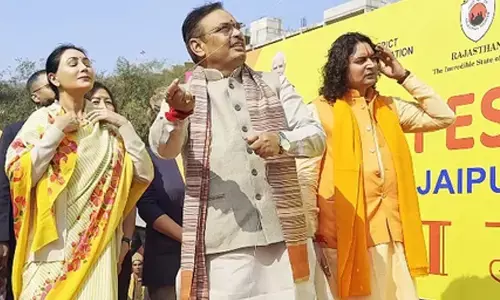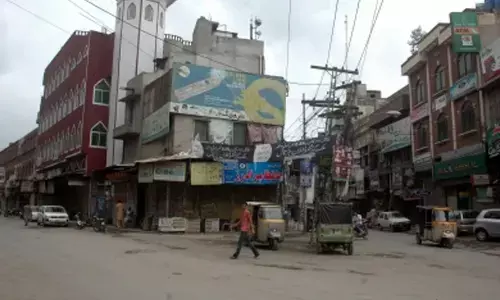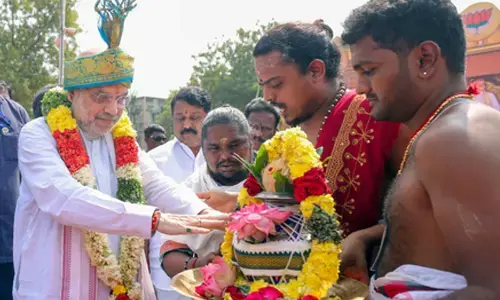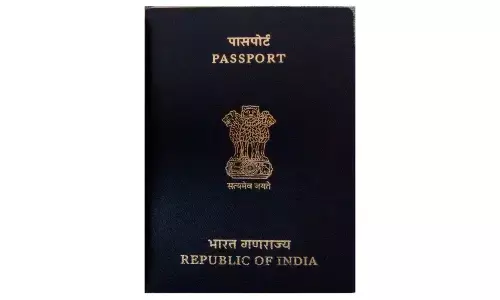Bridging the information gap
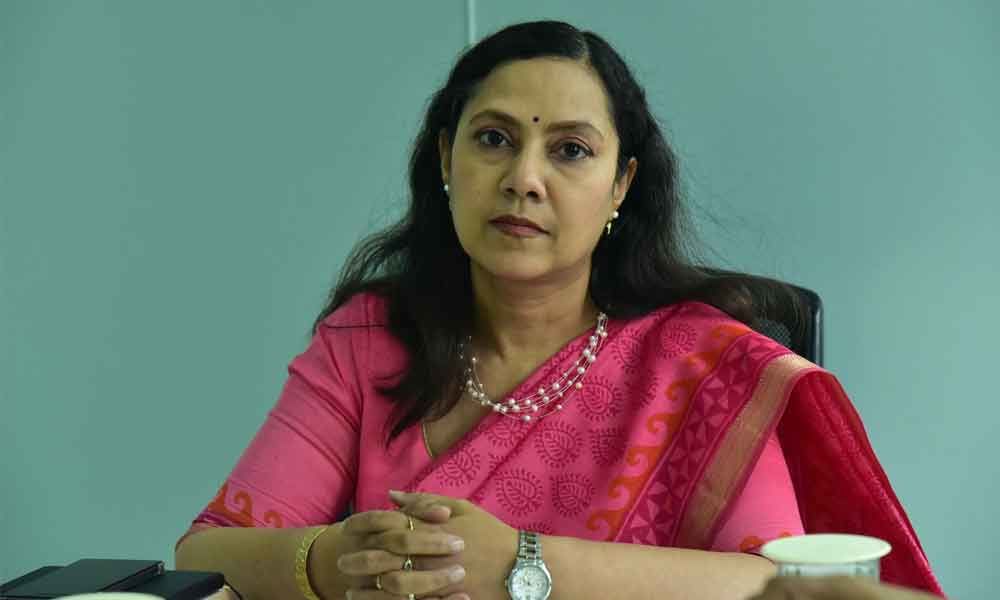
Sharmila Nisudan, a hospitality professional, educator and trainer from Hyderabad, currently working as Education Project Director at VM Technologies,brings out a comprehensive guide book that aims to bridge the gap in the way rural and urban women bring up their children in India
Motherhood is an evolving journey and a life altering experience linked to the development of children, which is a challenge that most women are unprepared for.
Anxiety is an inevitable fall out of the physical and emotional changes that come with it and help in dealing with them is more than welcome.
Providing guidance to trainers and influencers in Anganwadi centres to lessen anxiety among semi –urban and rural women about pregnancy and motherhood, addressing concerns about raising children from pre-school to teens, dealing with puberty and issues of health, hygiene and nutrition is a book titled "A guide to Women and Child Development" written by Sharmila Nisudan, a hospitality professional, educator and trainer from Hyderabad.
Presently working as Education Project Director at VM Technologies,she has come up with a holistic guide to women and child development using her experience in the Hospitality sector and institutions like the Rai University Gurgaon to come up with illustration and information that educates women and empowers them.
"The book is written with the aim of bridging the gap in the way rural and urban women bring up their children in India.
Apart from dealing with all issues from conception to adulthood I have provided useful information about government initiatives and schemes about higher education that support our rural population with particular emphasis on the girl child," Sharmila explains
Most books written for mothers are limited to pregnancy and infant children but Sharmila wanted to come up with a work that related to the whole cycle of womanhoodwith emphasis on food, nutrition and development of children until adulthood ending with a final chapter on ageing and problems of senior citizens.
Combining her experience in the hospitality industry with her stint in education not only led to the writing of this book but also opened new doors for her.
She had the privilege of representing India at the first ever World Eatology Summit held on the sidelines of the G-20 summit in Awaji islands, Japan.
Speaking about sustainable development goals and food systems Sharmila brought focus on the issues discussed in her book stating that most of the 17 sustainable development goals (SDGs) outlined by the United Nations were in it.
The platform provided her the opportunity of outlining government initiatives, NITI Ayog recommendations and the role of Anganwadis in promoting rural women's health and nutrition.
While eating healthy is an ideal aim, most women in rural areas are handicapped by lack of education and awareness of foods that impact their health and those of their children.
Sharmila's book is a perfect guide for caregivers and influencers at Anganwadi centres to help women improve their personal hygiene, nutrition and general health.
Admitting that most food consumption in the market is driven by advertising Sharmila advocates caution in following market trends that are seasonal and motivated by commercial gain.
How then should people make the right food choices? "This comes only with education where food and nutrition is made part of the school curriculum and children realise the value of food from a young age says Sharmila.
She recommends completely avoiding processed foods and a balanced diet rich in protein and fibre. People have forgotten how to be holistic by understanding the chemical composition of food.
For example ginger, mango and spices produce heat in the body while foods like banana are cold inducing she says.
A return to the ancient Indian system where one understands the science behind food is her recipe for a healthy and happy life as we are what we eat and how we think.









